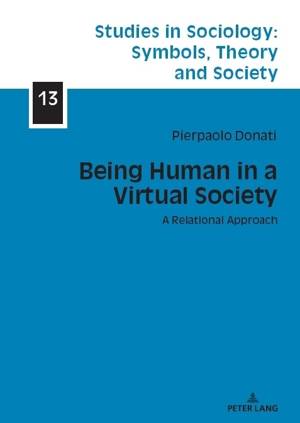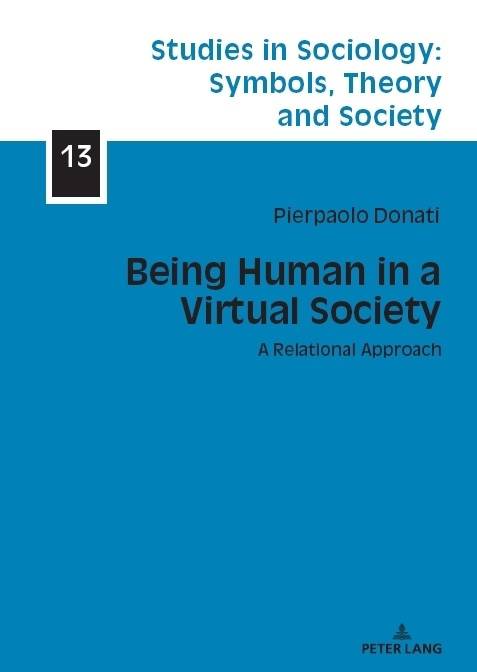
- Retrait gratuit dans votre magasin Club
- 7.000.000 titres dans notre catalogue
- Payer en toute sécurité
- Toujours un magasin près de chez vous
- Retrait gratuit dans votre magasin Club
- 7.000.000 titres dans notre catalogue
- Payer en toute sécurité
- Toujours un magasin près de chez vous
Description
The book addresses the theme of the advent of a 'Matrix Land' as a pervasive environment of digital (virtual) reality in which humanity is destined to live increasingly distant from its original natural condition. The challenge posed by the Matrix Land is that of a future society in which lifeworlds and social relations lose the classic notions of time and space. Time and space become illusions and come to depend on algorithms. Virtual reality will prevail over human nature, so much so that human beings will think that what previously appeared real to them was instead pure imagination if not an illusion. Digital logic will replace analog thinking. What will remain of the human? According to the Author, the underlying sociological problem is not whether or not it will be possible to build AI and robots capable of emulating the human mind in whole or in large part. The sociological question is how new technologies change human life to the extent that, by modifying knowledge and communication, they modify people's relational life, social forms and therefore the entire society. The technologies that lead humanity towards the post/transhuman must be analyzed and evaluated based on the criteria of which human relationships they assume and which they produce. We need to see whether they support solutions that increase the ethical and empathetic sense of social relationships or, vice versa, fuel relationships devoid of human meaning.
Spécifications
Parties prenantes
- Auteur(s) :
- Editeur:
Contenu
- Nombre de pages :
- 184
- Langue:
- Anglais
- Collection :
- Tome:
- n° 13
Caractéristiques
- EAN:
- 9783631913499
- Date de parution :
- 29-03-24
- Format:
- Livre relié
- Format numérique:
- Ongenaaid / garenloos gebonden
- Dimensions :
- 148 mm x 210 mm
- Poids :
- 394 g







